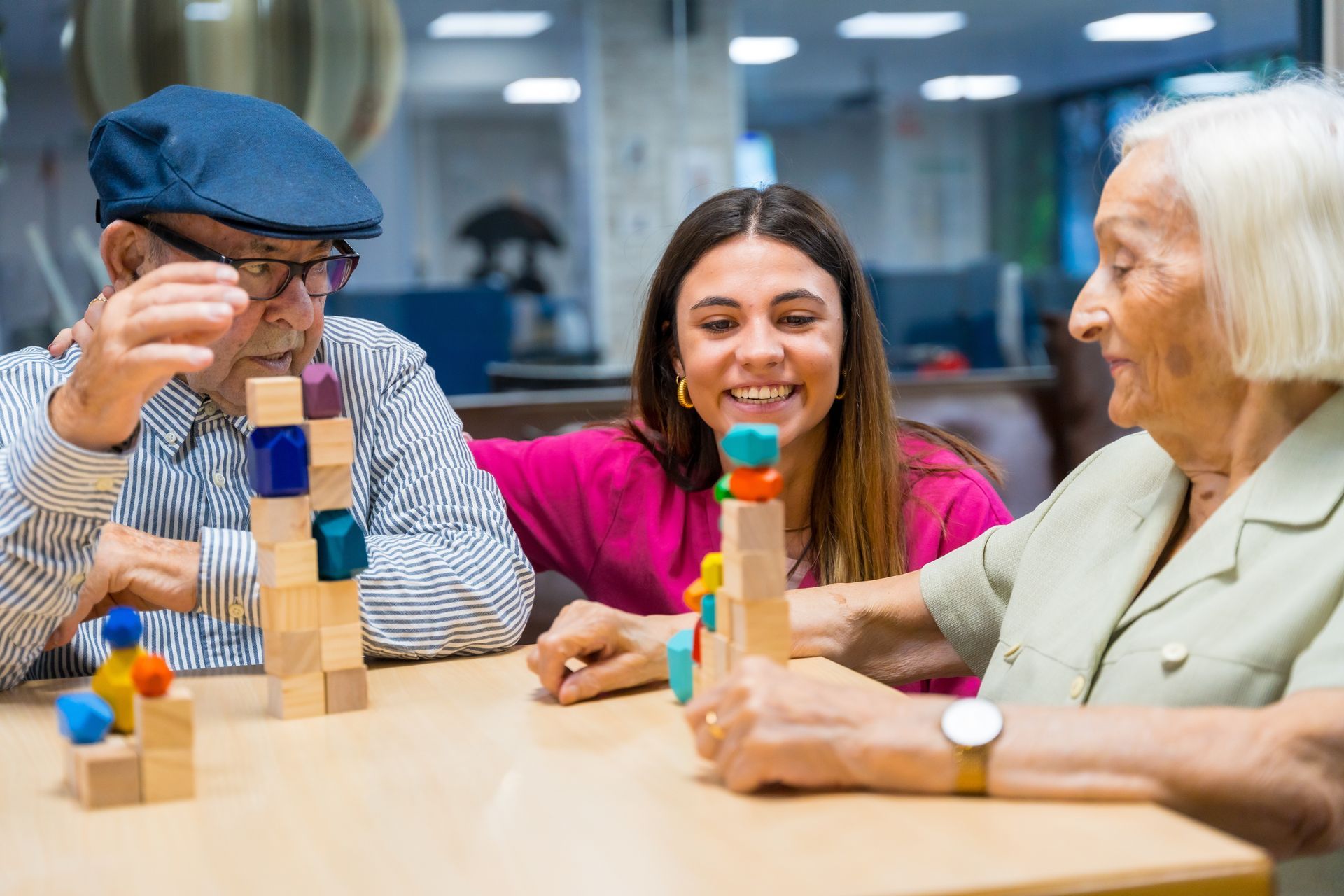BLOG
Sexuality
Alzheimer’s disease changes the functioning of a person’s brain. When that happens, the person’s sexual behavior can change. Some people may forget appropriate public behavior and undress or fondle themselves. Some may use vulgar words or act sexually aggressive toward a spouse or others. Still others may lose interest in sex altogether.
It’s important to remember that changes in sexual behavior are not reflections of the person’s character they’re symptoms of the disease. As a caregiver, it’s also important to get the support you need to deal with your own feelings about such behavior.
Understand causes of behavior
- Get a medical evaluation for a person who shows either an excessive interest or no interest in sex.
- Realize that sexuality and the need for touching are very human drives.
- Explore the possibility that the person craves affection and affirmation.
Consider possible reasons for inappropriate undressing:
- Time of day. The person may simply want to get ready for sleep.
- Clothing that’s too tight.
- Hot weather or an overheated room.
- The person may need to use the toilet.
Consider possible reasons for sexual displays and inappropriate or aggressive advances:
- Loss of inhibition due to changes in the brain.
- Insatiable desire due to changes in the brain.
- Misunderstood circumstances.
- Mistaking someone for one’s partner.
- Forgetfulness.
- Boredom.
Consider the possible reasons for reduced sexual desire:
- Physical illness.
- Hormonal imbalance.
- Side effect of medication.
- Depression.
- Sensing a partner’s emotional withdrawal.
Be matter-of-fact
- Do not overreact or express shock.
- Avoid becoming angry or arguing.
- Don’t shame or ridicule the person.
- Try gently reminding the person when a behavior is inappropriate.
- Remember to be sensitive and reassuring. Acknowledge that masturbation feels good before distracting the person or gently relocating him or her to a private area.
Distract or redirect
- Be aware of conditions that may provoke excessive sexual interest.
- Firmly set clear limits for behavior.
- Redirect the person to a meaningful or favorite activity.
- Postpone. Tell the person, Later. Right now we must do . . .
- Provide a reality check. For example, the daughter of a man who often mistakes her for his wife, always greets him by saying, Hi Dad.
- Respond to feelings of rejection, loneliness, or a need for closeness with gentle talk, a caring pat or a hug. Establish a balance; overresponding may encourage unwanted sexual behavior.
Adjust to changes in desire
- Come to terms with the knowledge that your sexual relationship will change.
- Adjust to your partner’s excessive desire. Redirect the person to masturbation.
- Consider separate bedrooms.
- Adjust to your partner’s reduced desire. Get a medical evaluation for your partner.
- Lack of desire could stem from physical problems or be a side effect of medication.
- Retain a sense of intimacy by sharing touch and reminiscing together.
- Prepare yourself for the time when your partner no longer recognizes you. Try not to take this change personally. It’s normal to feel lonely and rejected.
- Know that it’s common, if sexual relations continue, for the caregiver to feel a sense of guilt.
- Know that it may be possible to continue a caring sexual relationship if you take the lead.
- Realize that it’s common for a caregiver to lose sexual desire because of the demands of caregiving, the changing role from intimate partner to caregiver, and changes taking place in the person’s personality.
Take care of yourself
- Do what feels best for you.
- Do not feel guilty if you are no longer attracted to your partner and want to end the sexual relationship. Find new ways to connect with each other.
- Consider dating, if it feels right for you.
- Know that there is no right or wrong approach.
- Join a support group.
The Alzheimer’s Association is the leading voluntary health organization in Alzheimer care, support and research.
Updated October 2004














